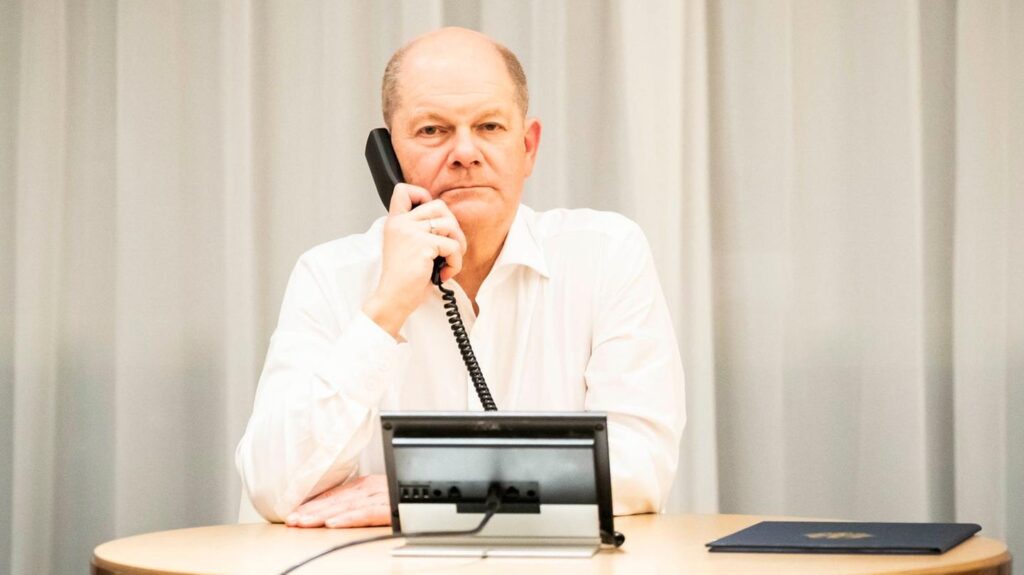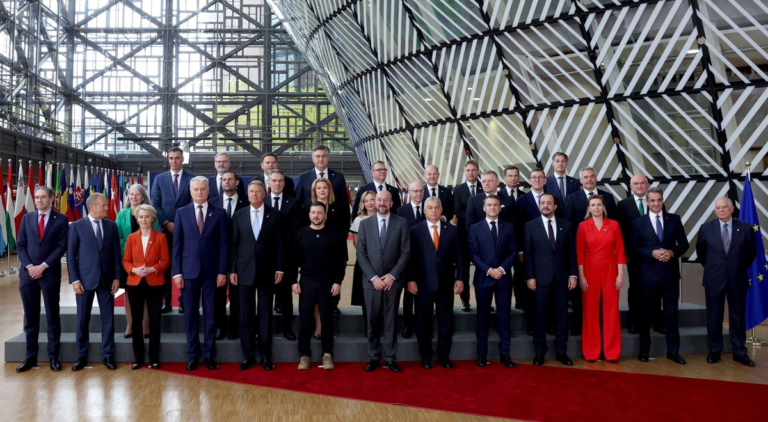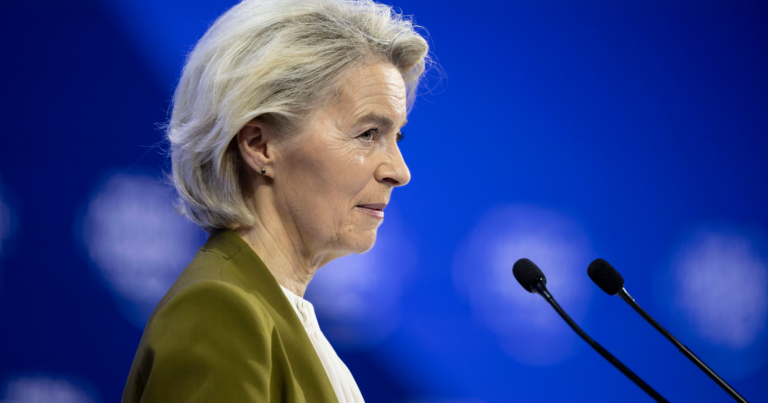Germany’s Chancellor Olaf Scholz delivered a resolute message on Saturday, stating that his country will not tolerate those who seek to undermine its democracy. His remarks came in response to U.S. Vice President JD Vance’s sharp critique of European leaders and his controversial meeting with Germany’s far-right party.

(Chancellor Olaf Scholz on the Phone – 24hoursworlds.com)
Speaking at the Munich Security Conference, Scholz reaffirmed Germany’s stance against extremist ideologies, making it clear that the far right has no place in his country’s political sphere. His comments followed Vance’s assertion that free speech is under threat in Europe and his claim that entrenched interests are silencing alternative viewpoints
Vance, in his speech on Friday, argued that Europe’s security challenges stem not only from external threats like Russia or China but also from an internal decline in democratic values. He voiced concerns that European governments misuse terms like “misinformation” and “disinformation” to suppress dissenting voices. Notably, Vance met with Alice Weidel, co-leader of the far-right Alternative for Germany (AfD) party, just days before Germany’s upcoming election.
Scholz swiftly countered Vance’s rhetoric, emphasizing Germany’s historical responsibility. “Never again must we allow fascism, racism, or wars of aggression,” he declared. He condemned AfD, reminding the audience that some of its members have downplayed Nazi crimes, calling them mere “bird shit” in history.
“As a strong democracy, we are absolutely clear: the extreme right must not have political control or influence in decision-making,” Scholz stated firmly. He also rejected the notion that restrictions on hate speech are an attack on free speech, saying, “In Europe, freedom of speech does not mean the freedom to incite hatred or break the law.”
Backing Ukraine ‘For as Long as Necessary’
Turning to the ongoing war in Ukraine, Scholz reaffirmed Germany’s unwavering support for Kyiv. He stressed that Ukraine’s independence remains a top priority and that no decisions should be made about Ukraine’s future without its direct involvement.
“Our commitment to Ukraine doesn’t end when the fighting stops,” Scholz declared, emphasizing the need for long-term support to prevent future Russian aggression. He called for continued aid from both the European Union and the United States, highlighting that Germany and the U.S. remain Ukraine’s largest backers.
The situation remains tense as diplomatic efforts unfold. U.S. President Donald Trump recently held a phone call with Russian President Vladimir Putin, signaling potential peace negotiations. Trump later assured Ukrainian President Volodymyr Zelenskyy that Ukraine would have a seat at the table in any future talks. However, Zelenskyy insisted on concrete security guarantees before entering direct negotiations with Putin.
As transatlantic relations continue to shift under the Trump administration, Scholz’s words underscore Germany’s commitment to defending democracy—both at home and abroad.


